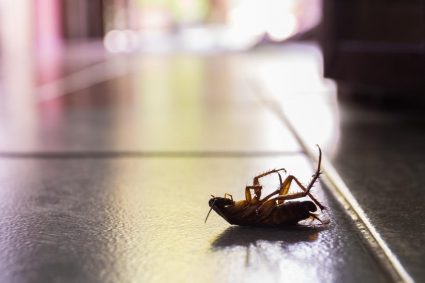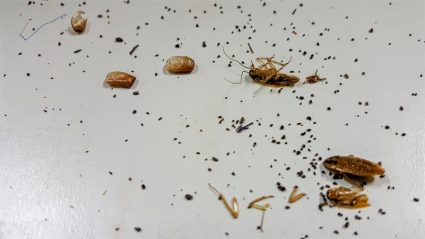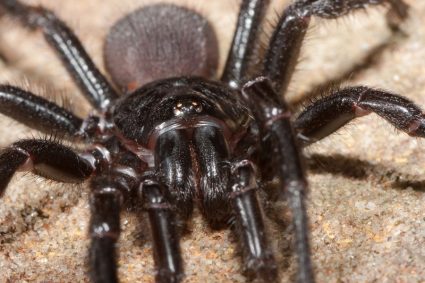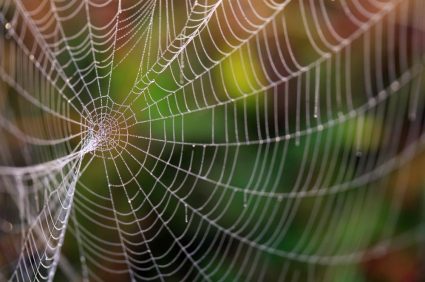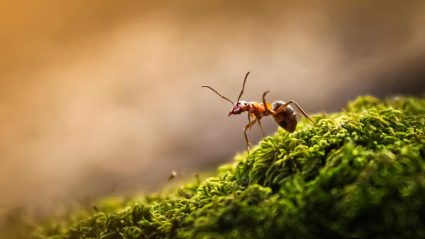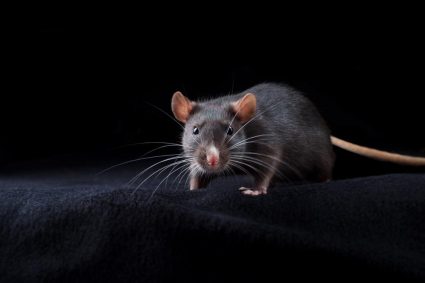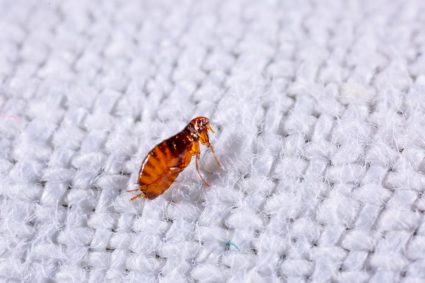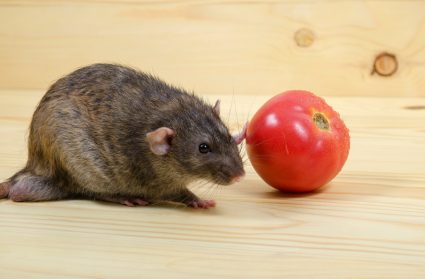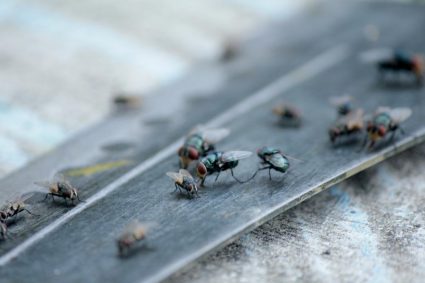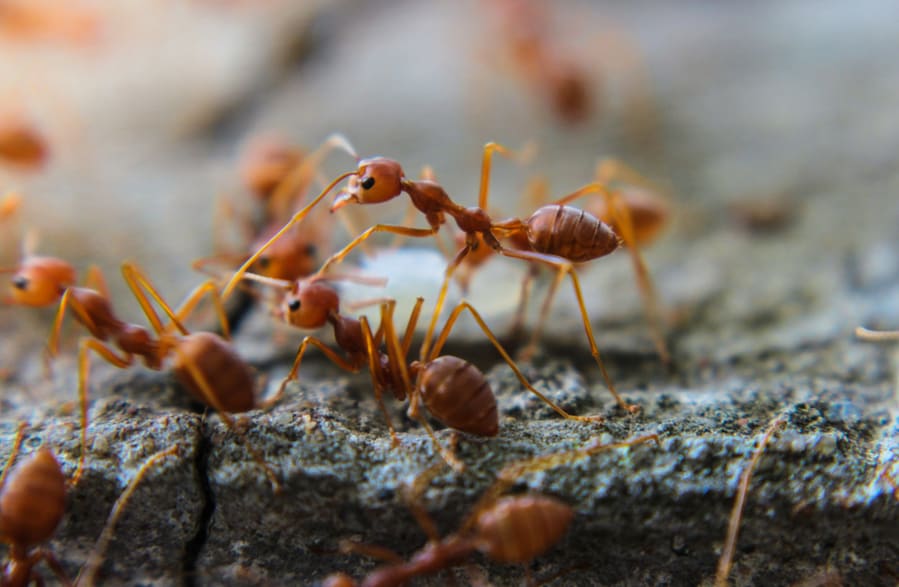
Are ants ruining your outdoor cooking experience by invading your grill?
Do you want to know how to keep ants away from your grill without using harmful chemicals?
Are you looking for natural and effective ways to repel ants and keep your grill area clean and hygienic?
If so, you are in luck. This article will answer people’s three common questions about keeping ants away from their grill and provide 10 practical and natural ways to solve the problem. So, let’s get started!
Outdoor cooking is a great way to enjoy good food and the outdoors with friends and family. However, it can quickly become a frustrating experience if ants invade your grill and ruin your meal.
Ants are attracted to the smell of food; they can be difficult to eliminate once they find it.
Fortunately, several effective ways exist to keep ants away from your grill without using harmful chemicals. Such methods include:
- Keeping your grill clean.
- Using a bug zapper.
- Keeping food covered.
- Using an insect-repelling spray.
Combining these methods, you can effectively keep ants away from your grill and enjoy outdoor cooking without unwanted visitors.
Remember to keep your grill clean, covered, and free of food debris, and use natural deterrents to create a barrier that ants will not cross.
This article will explore 10 natural and practical methods for repelling ants and keeping your grill area clean and hygienic.
Whether you are a seasoned outdoor cook or a novice, these tips will help ensure that your next barbecue is an ant-free and enjoyable experience.
10 Natural Ways To Keep Ants Away From Grill
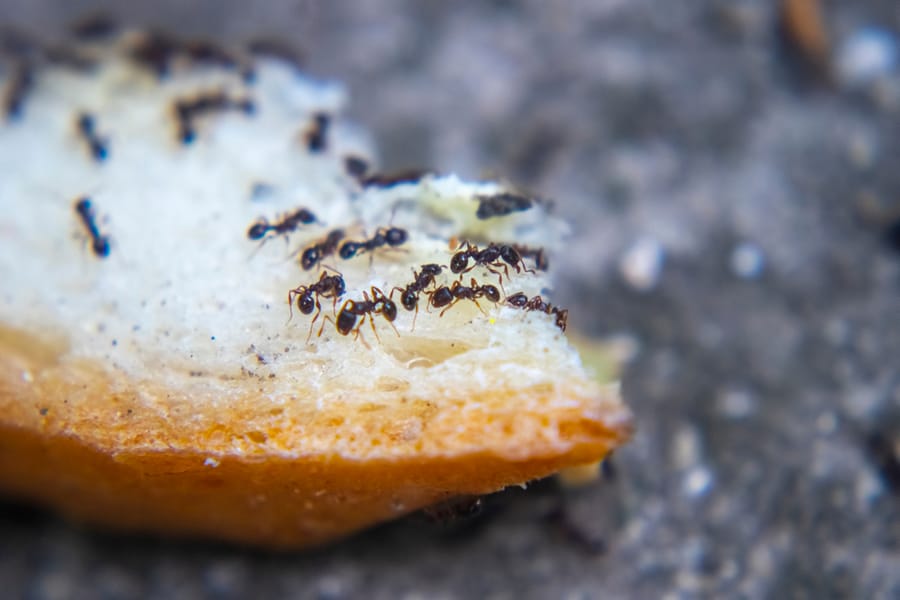
Ants are attracted to the smells and leftover food that can accumulate on a grill, making it a challenge to keep them away.
These tips help keep ants away from your grill and enjoy a hassle-free outdoor cooking experience.
Here are some tips to help you keep ants away from your grill:
1. Keep Your Grill Clean
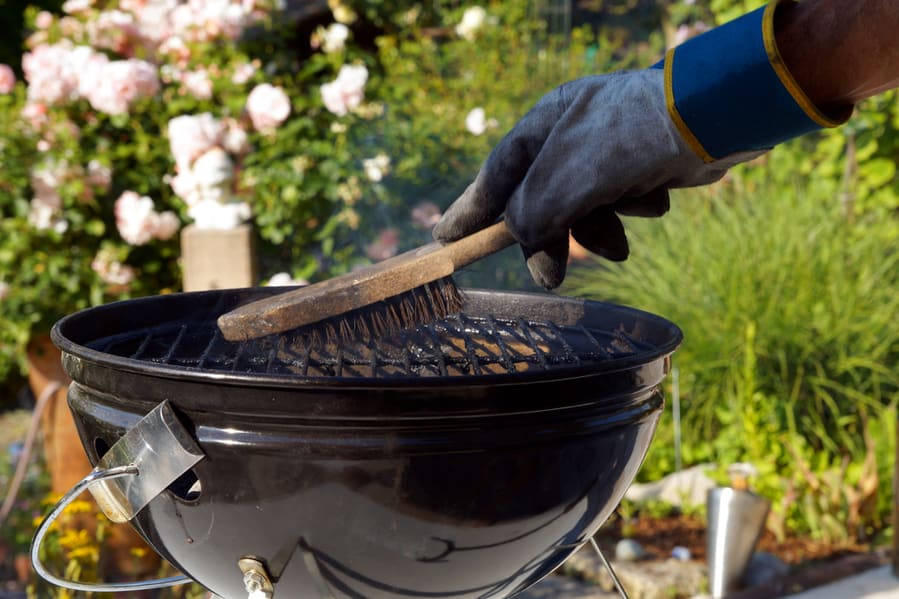
Ants are attracted to the smell of food and the leftover grease on the grill grates.
After every use, clean your grill thoroughly, including the grates, drip pans, and any other areas where food and grease can accumulate.
You can use a grill brush to remove food particles and scrub the grates with warm, soapy water to eliminate grease or residue.
A clean grill will help reduce the chances of ants being attracted to it.
2. Use an Insect-Repelling Spray
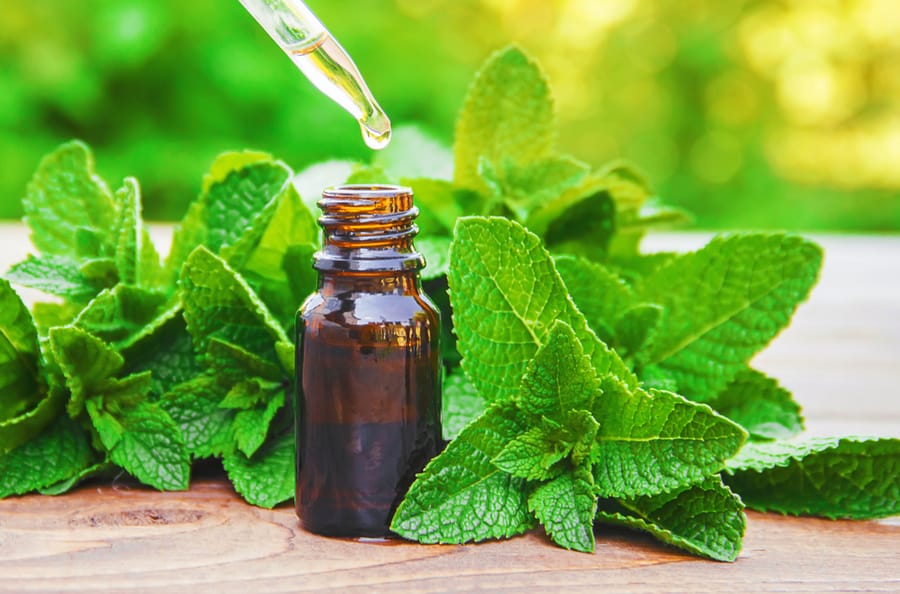
There are various insect-repelling sprays available that you can use to keep ants away from your grill.
These sprays typically contain natural ingredients, such as peppermint oil, which can repel ants.
Spray the solution around the area where you are cooking and on the legs of the grill to create a barrier that ants will not cross.
3. Surround the Grill With a Barrier
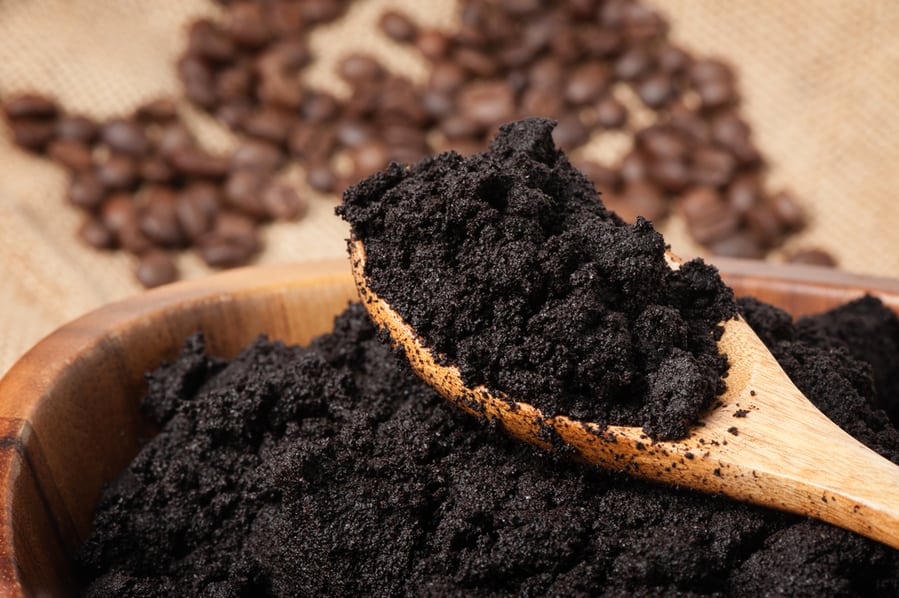
You can create a barrier around your grill using substances that ants do not like. Some effective natural deterrents include:
- Cinnamon
- Vinegar
- Coffee grounds
Sprinkle these substances around the perimeter of your grill to create a barrier that ants will not cross.
You can also use a spray bottle to apply a mixture of vinegar and water directly on the ants to repel them.
4. Keep Food Covered
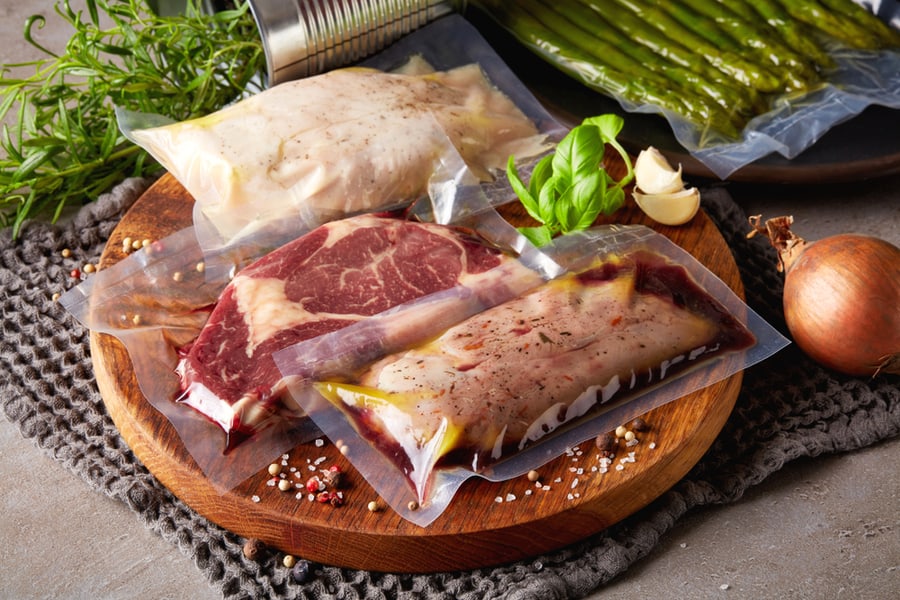
Ants are attracted to the smell of food, so keeping your food covered when it is not being cooked is important.
Use aluminum foil, plastic wrap, or an airtight container to keep your food fresh and prevent ants from getting to it.
Disposing leftover food and cleaning any spills immediately is also important to avoid attracting ants.
5. Consider Using a Bug Zapper

If you have a serious ant problem, you may want to consider using a bug zapper to eliminate any ants that come too close to your grill.
Bug zappers use ultraviolet light to attract insects; an electric grid kills them on contact.
Make sure to safely place the bug zapper from the grill to avoid food contamination.
6. Use Citrus
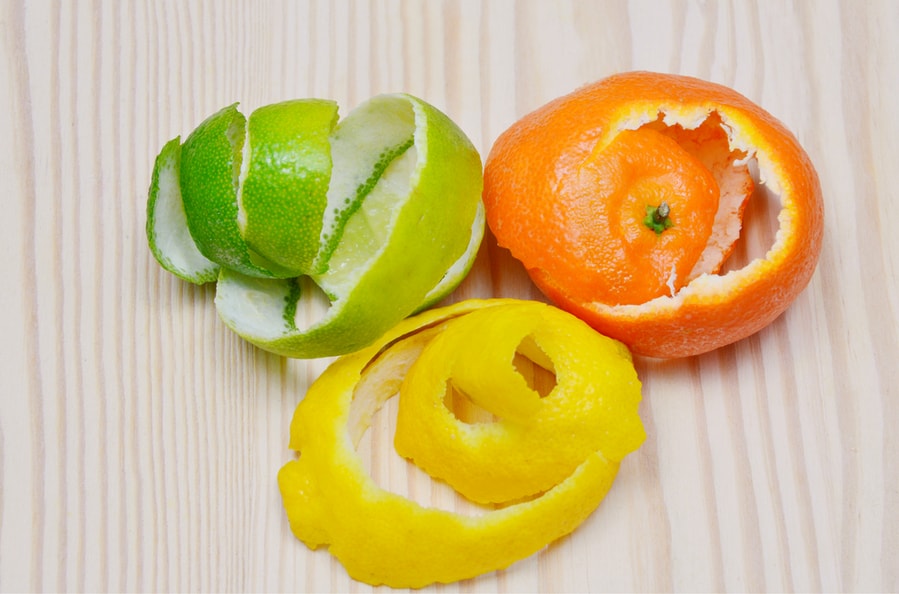
The scent of citrus repels ants, so using lemon, lime, or orange peels is a natural way to keep them away from your grill.
Place the peels around the perimeter of your grill or blend the peels with water to create a spray that you can apply to the area around your grill.
Alternatively, you can use citrus essential oils, which have a similar effect. Mix a few drops of the oil with water and apply the solution around your grill.
7. Use Diatomaceous Earth
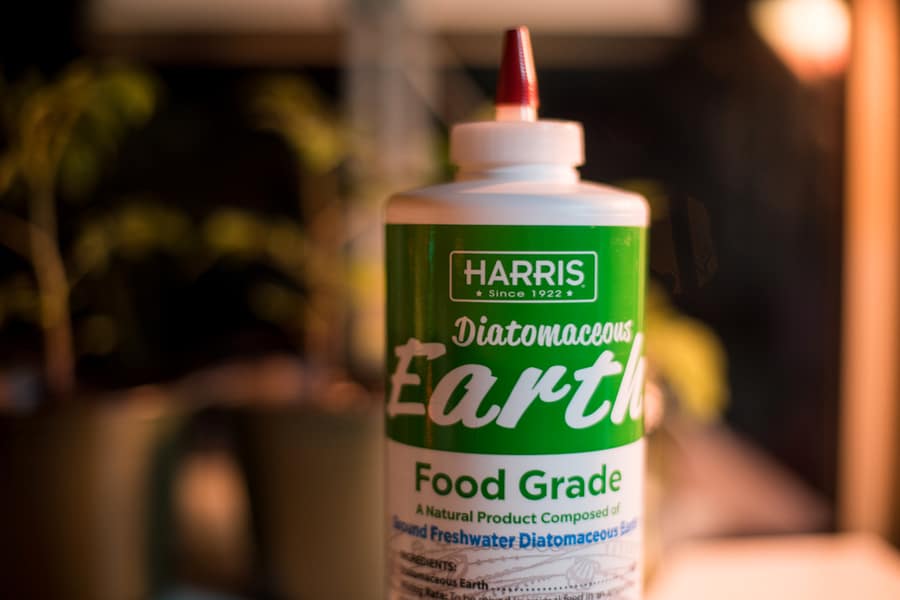
Diatomaceous earth is a natural powder made from the fossilized remains of tiny marine organisms. The powder is abrasive to insects, including ants, and can be a non-toxic ant deterrent.
Sprinkle the powder around the perimeter of your grill to create a barrier that ants will not cross.
Be sure to use food-grade Diatomaceous earth, which is safe around food.
8. Use Essential Oils

In addition to peppermint oil, other essential oils can repel ants.
Tea tree oil, eucalyptus, and cinnamon oil are effective ant repellents.
Mix a few drops of the essential oil with water and apply the solution to the area around your grill using a spray bottle.
9. Keep Your Grill in a Sunny Area
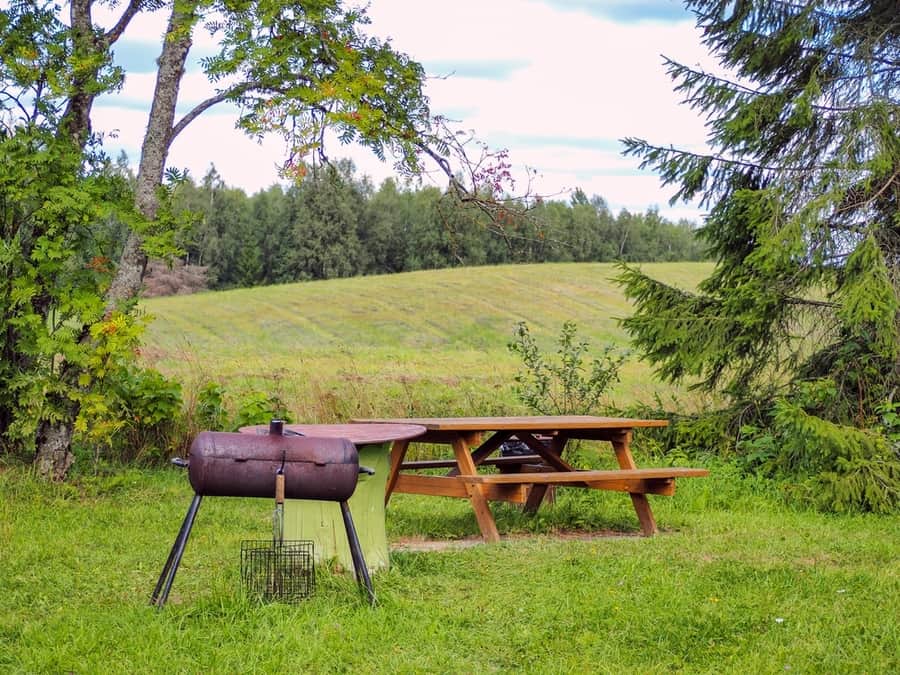
Ants prefer shady areas, so keeping your grill sunny can help deter them.
If possible, keep your grill in an area that receives direct sunlight for most of the day.
This will make it less appealing to ants and other insects.
10. Seal Any Gaps or Cracks
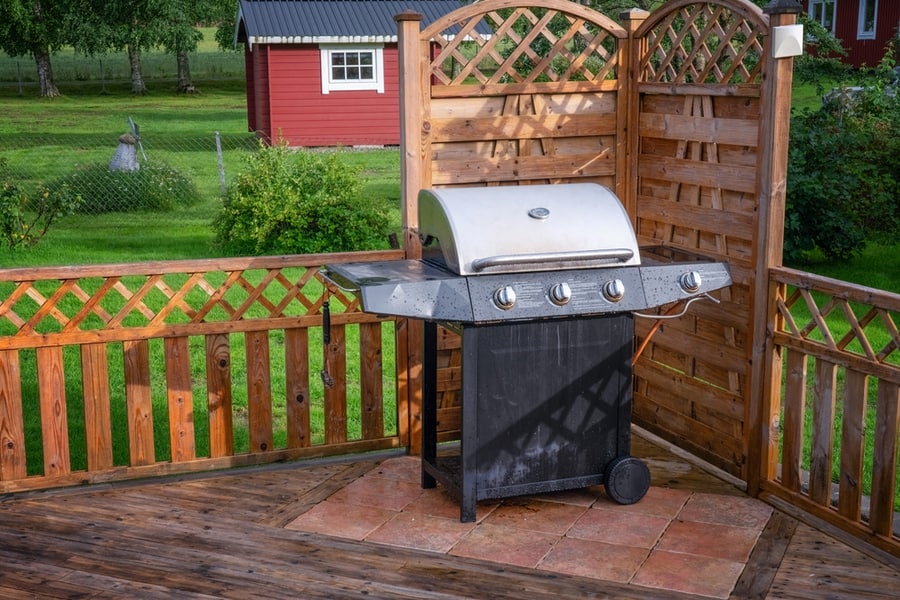
Ants can enter your grill area through small gaps or cracks in the surrounding structures.
To prevent this, seal any openings or gaps using caulk or weatherstripping.
This will help prevent ants from entering the area around your grill and keep them from being attracted to the food.
Can Chemical Insecticides Be Used To Keep Ants off the Grill?
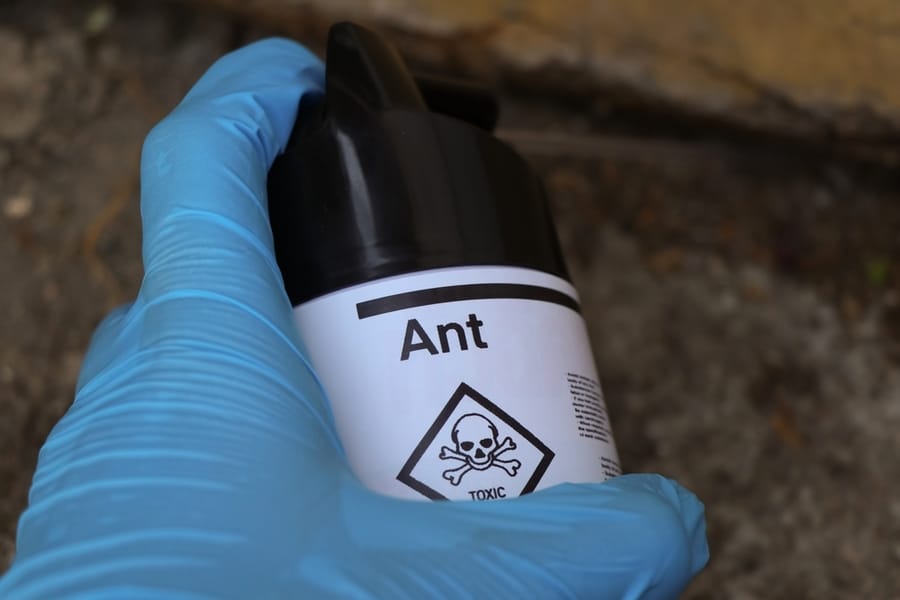
Chemical insecticides are quick and convenient for repelling ants from your grill but can come with serious health and environmental risks. These products often contain toxic ingredients that harm beneficial insects and contaminate the environment.
They can also harm human health, especially in food or outdoor cooking areas. These chemicals can lead to skin irritation, respiratory problems, and other health issues.
On the other hand, natural alternatives to chemical insecticides are safer and more eco-friendly.
Essential oils, such as peppermint oil, cinnamon, and tea tree oil, are highly effective at repelling ants while being safe to use around food and humans.
These oils have a strong scent that repels ants and can be easily applied by mixing them with water and spraying them around your grill area.
Diatomaceous earth is another natural alternative that can be used to repel ants. It works by dehydrating the ants’ exoskeleton, causing them to die.
In addition to using natural repellents, it is important to maintain good hygiene practices and keep your girl clean and free of food debris.
Ants are attracted to sweet and greasy foods, so wiping down your grill after each use and storing food in sealed containers can help prevent them from being attracted to your cooking area.
Sealing gaps or cracks in the surrounding structures that ants can use to enter your cooking area is also important.
Conclusion
Keeping ants away from your grill is an essential aspect of outdoor cooking, as it helps to maintain the cleanliness and hygiene of your cooking area.
Remember that prevention is key, so keeping your grill clean is important as avoiding leaving any food out for too long.
By implementing the natural and practical methods outlined in this article, you can repel ants and enjoy your outdoor cooking experience without any unwelcome guests.
Remember to keep your grill clean, covered, and free of food debris, and use natural deterrents to create a barrier that ants will not cross.
With these tips, you can create a safe and enjoyable cooking environment free of tests, so you can focus on what matters – enjoying good food and good company with family and friends.
While chemical insecticides can effectively repel ants, they should be avoided due to their potential health and environmental risks.
Instead, opt for natural and non-toxic alternatives that are safe for humans and the environment. Good hygiene practices and natural repellents ensure your outdoor cooking area is free from ants and other pests.
Frequently Asked Questions
Why Are Ants Attracted to My Grill?
Ants are attracted to the smell of food, especially sweet and greasy foods. When you cook on your grill, the aroma of your food is released, which can attract ants to the area.
Additionally, ants may be attracted to food debris left on the grill, so keeping your grill clean after each use is important.
Are There Any Natural Alternatives to Chemical Insecticides I Can Use To Keep Ants Away From My Grill?
Several natural and non-toxic alternatives to chemical insecticides can help repel ants from your grill. These include peppermint oil, cinnamon, citrus peels, Diatomaceous earth, and essential oils, such as tea tree and eucalyptus oil.
While chemical insecticides can effectively repel ants, they may be unsafe for use around food or in outdoor cooking areas. Additionally, these products may harm the environment and other beneficial insects, such as bees and butterflies.
Using natural and non-toxic methods to repel ants from your grill is best.
How Can I Prevent Ants From Coming Back to My Grill in the Future?
To prevent ants from returning to your grill, it is important to maintain good hygiene practices and use natural deterrents to create a barrier that ants will not cross.
Keep your grill clean and free of food debris, and seal any gaps or cracks in the surrounding structures that ants can use to enter your cooking area.
Finally, consider using a cover for your grill when it is not in use to keep ants and other pests away.

